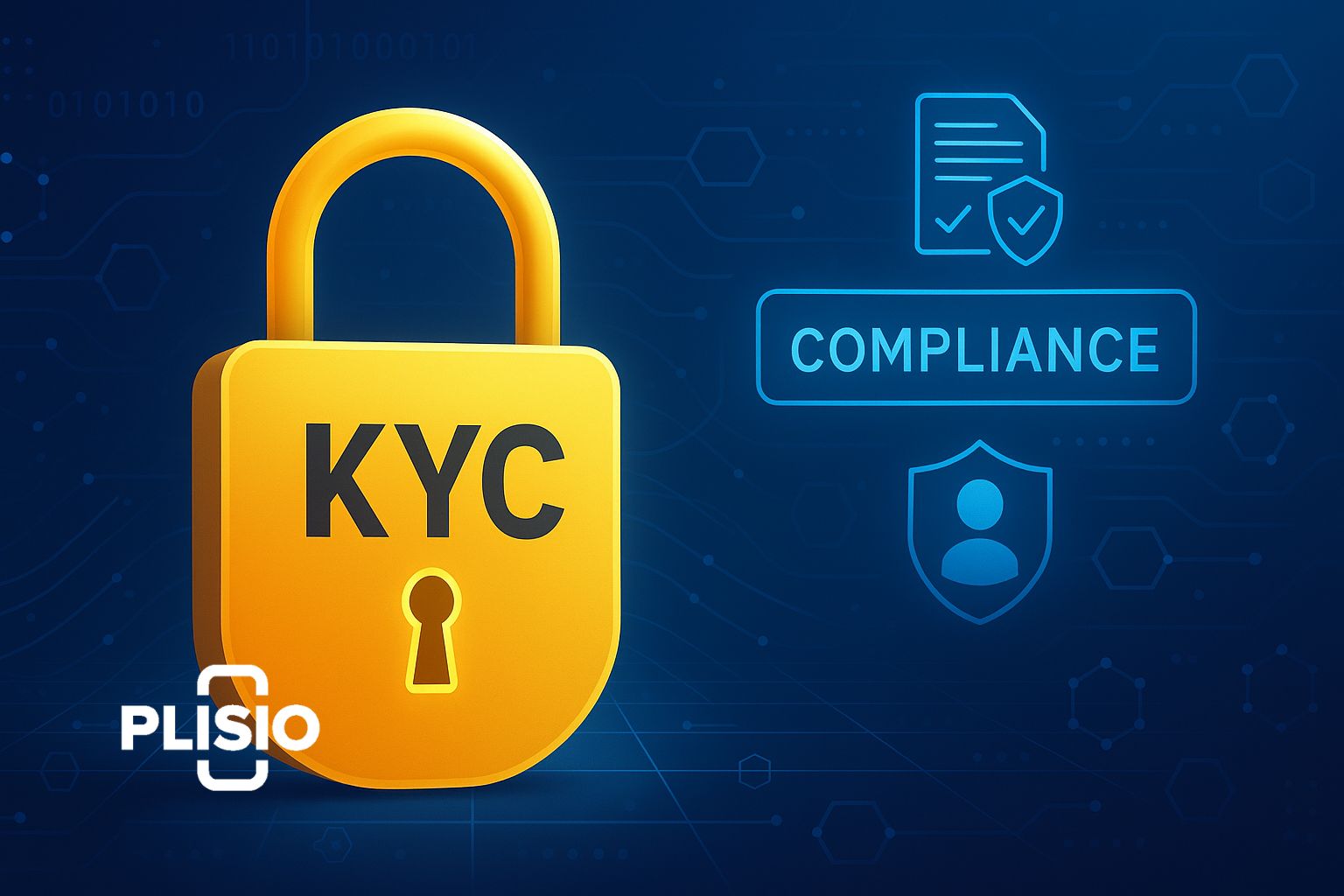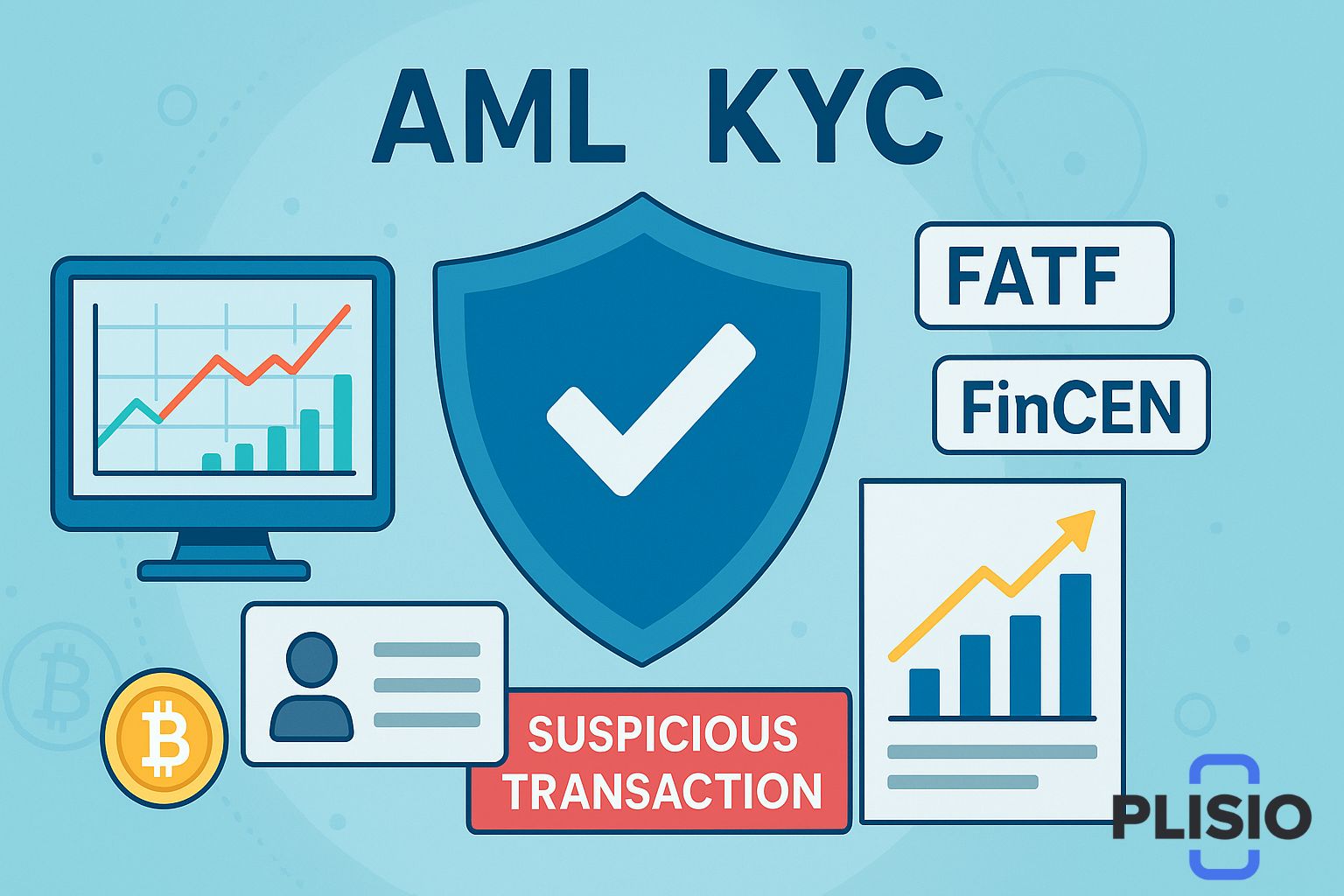KYC in Crypto: The Foundation of Compliance and Trust

As the crypto industry continues to expand, the importance of Know Your Customer (KYC) procedures becomes increasingly apparent. KYC in crypto is not just a regulatory formality but a fundamental process to establish user identity and build customer trust. By implementing robust KYC measures, crypto firms enhance security and compliance, paving the way for a trustworthy financial ecosystem.
Why KYC Matters in the Crypto Space
KYC, or Know Your Customer, refers to the process of verifying the identity of customers before allowing them to access services. This is essential in the financial industry to prevent illegal activities such as money laundering, fraud, and terrorist financing. In the crypto sector, where transactions are often pseudonymous, KYC plays a vital role in helping financial institutions and crypto exchanges comply with anti-money laundering (AML) regulations.
Many crypto exchanges and platforms require KYC verification to comply with the Travel Rule and other directives by regulators such as the Financial Crimes Enforcement Network (FinCEN) and the Financial Action Task Force (FATF). These bodies set KYC standards that crypto companies must follow to ensure regulatory compliance. Compliance with these regulations also helps build trust between users and crypto firms.
The KYC Process in Crypto
The KYC process typically involves several KYC steps: collecting a user's full legal name, date of birth, address, and submitting identification documents. The aim is to ensure the authenticity of the user through ID verification and prevent illegal activities. This verification process is critical for both centralized exchanges and decentralized platforms that aim to stay compliant.
Below is a table summarizing typical KYC requirements:
|
Requirement |
Description |
|
Full Legal Name |
Matches government-issued ID |
|
Date of Birth |
Confirms age eligibility |
|
Residential Address |
Proof of address via utility bill or document |
|
ID Verification |
Passport, ID card, or driver's license |
|
Biometric Data (optional) |
Facial recognition or fingerprint scan |
Crypto onboarding has become more seamless with advanced KYC solutions that streamline KYC and reduce friction. However, some users prefer crypto without KYC for the sake of anonymity. Still, the trend is shifting towards platforms that require KYC due to the growing need for fraud prevention and the fight against financial crime.

Key Advantages of KYC Compliance
- Helps prevent fraud and financial crime
- Ensures security and compliance with international regulations
- Builds customer trust and platform reputation
- Enables risk-based approach to onboarding
- Supports regulators in detecting suspicious activity
Additionally, crypto KYC providers offer services that allow crypto firms to implement a risk-based approach to customer due diligence. These solutions help assess a user's risk profile and conduct thorough identity verification, including biometric checks and document validation. By ensuring the authenticity of users, platforms can reduce the risk of fraud and money laundering.
Challenges and Concerns
Despite its importance, KYC in crypto raises concerns about storing sensitive information and maintaining user privacy. There's always a risk of exposing personal information, which is why it's vital for platforms to invest in secure, compliant systems.
Some of the main concerns include:
- Loss of anonymity
- Potential data breaches
- Increased onboarding time
- Compliance costs
The need to decentralize while maintaining compliance has spurred innovation in crypto KYC solutions, including the use of smart contracts and zero-knowledge proofs. These technologies aim to balance the need for transparency with the protection of user data. As the crypto industry matures, more solutions will emerge to help prevent illegal activities while preserving user privacy.
Crypto KYC in Practice
Most cryptocurrency exchanges now follow robust KYC procedures. Whether it's a large centralized exchange or a smaller platform, the KYC verification process remains an essential part of crypto onboarding. Some platforms attempt to operate without KYC, but they often face scrutiny from regulators and may be limited in the jurisdictions where they can operate.
The crypto industry must adhere to the Bank Secrecy Act and follow the guidance of the financial action task force to prevent illicit use of cryptocurrencies. Crypto transactions without proper verification pose a threat to the financial system and can facilitate illegal activities. For example, unregulated crypto wallets and exchanges may become hubs for terrorist financing or laundering fiat currency.
How KYC Benefits the Financial Ecosystem
KYC and AML checks protect the integrity of financial transactions by:
- Detecting suspicious activity early
- Allowing platforms to evaluate a user's risk profile
- Preventing illegal activities and ensuring due diligence
- Assisting regulators with compliance and oversight
With increased demand for crypto KYC solutions, platforms can now choose from a wide array of providers who specialize in onboarding, compliance, and fraud prevention. These crypto KYC providers help streamline KYC and ensure platforms are compliant with regulations.

Real-World Implementation and Trends
Several cryptocurrency exchanges are now at the forefront of KYC implementation:
- Binance, one of the world’s largest exchanges, mandates KYC for most services.
- Coinbase, a U.S.-based crypto exchange, follows stringent KYC and AML protocols.
- Kraken uses enhanced identity verification to align with FATF recommendations.
These companies understand that compliant practices not only ensure regulatory compliance but also help build long-term trust among users.
Conclusion
KYC in crypto is no longer optional. It is a vital element of a secure, compliant, and trustworthy ecosystem. From crypto exchanges to crypto wallet providers, ensuring proper KYC and AML procedures helps prevent illegal activities and fraud. As the industry evolves, the integration of seamless KYC processes will be crucial for regulatory compliance and the growth of a safer digital financial world.
By applying crypto KYC solutions, adopting a risk-based approach, and staying aligned with global standards, the crypto industry can maintain integrity, protect users, and comply with evolving regulations. As more financial intermediaries or counterparties enter the space, the role of KYC for crypto will only grow more significant.
In summary, to ensure safety, legality, and user trust in the crypto industry, stakeholders must:
- Comply with the Travel Rule
- Work with reputable crypto KYC providers
- Adopt AML and KYC measures
- Conduct continuous monitoring of crypto transactions
Through these actions, the crypto world can continue to grow while remaining safe, regulated, and aligned with the expectations of global financial regulators.




